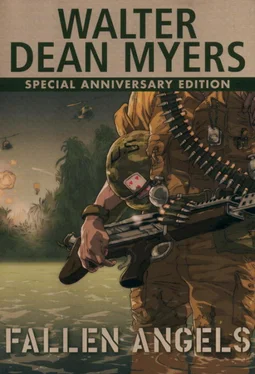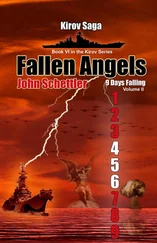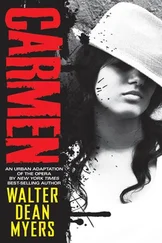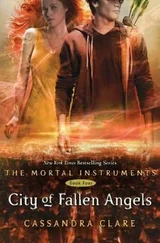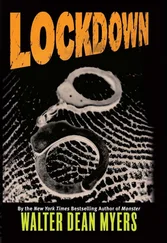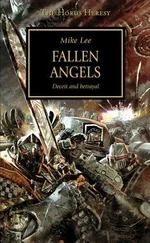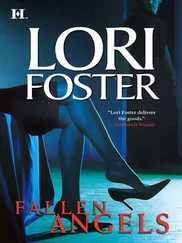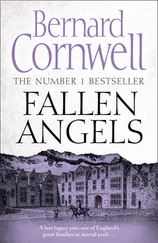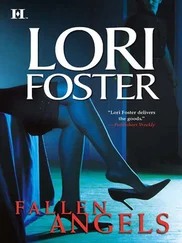“Yeah?”
“Your friend didn’t make it,” he said.
“Didn’t make it?” I looked at him. “I’m talking about a woman. Her name is Duncan.”
“Yeah, Judy Duncan,” he said. “She got transferred to a field hospital and it got hit. Sorry.”
In the distance there were helicopters headed toward the mountains. Headed toward the hell of an LZ. I turned away.
A plane landed. GIs came tumbling through the doors and out into the hot Vietnamese sun. They lined up and started marching toward us from the other side of the field. A major near us jumped into a jeep and went across the field to meet them. They stopped while the major talked to the officer leading them.
The major returned and sat in his jeep.
Judy Duncan. I forgot what part of Texas she was from. I hadn’t known her, not really. I felt sorry for her. I felt sorry that Texas was so far away and that nobody there would know about her, how this part of her life had been, what she had seen, or how she had felt at the end. They would get a telegram, and a body, but they wouldn’t know.
The caskets were almost completely loaded into the tail end of the C-47. They were there together, but they had died alone. Maybe some of them had been friends. I turned away.
They finished loading the caskets, and the major drove his jeep around the front of the plane and signaled the officer with the new guys.
They marched them by us to the orientation barracks. They were supposed to be looking straight ahead, but they were looking at us. We tried to straighten up the best we could. It wasn’t the wounds that kept us bent, that tugged at our shoulders, so much as it was the fatigue. We were tired of this war.
We got to Osaka and the C-47 picked up some more caskets. The GIs were spread on other planes and me and Peewee talked a lieutenant into putting us both on a flight to Fort Ord, in California. I made him promise he’d take some leave with me in New York. Peewee said he’d go, but he knew Harlem couldn’t touch Chicago.
I was telling him about the wonders of Harlem when I noticed he was shaking. I asked if his stomach was bothering him, and he said no, that he just couldn’t believe he was out of the Nam. The stewardess came over and offered us Cokes. I think she was embarrassed that we were holding hands.
Slowly, ever so slowly, I began to relax. Peewee fell asleep and turned away from me. The stewardess came by and smiled.
“He looked tired,” she said.
I nodded. She went on.
I took the thin magazine from the pouch in front of me and began to thumb through it. I felt self-conscious, as if I shouldn’t be there. My mind began to wander, as I knew it would, back to the boonies. I was on patrol again. Monaco was on point. Peewee and Walowick followed him. Lobel and Brunner were next, then Johnson, the sixty cradled in his arm as if it were a child. We were walking the boonies, past rice paddies, toward yet another hill. I was in the rear, and for some reason I turned back. Behind me, trailing the platoon, were the others. Brew, Jenkins, Sergeant Dongan, Turner, and Lewis, the new guys, and Lieutenant Carroll.
I knew I was mixing my prayers, but it didn’t matter. I just wanted God to care for them, to keep them whole. I knew they were thinking about me and Peewee.
Peewee stirred in his uneasy sleep. The plane droned on. A fat man complained that they didn’t have the wine he wanted. We were headed back to the World.
